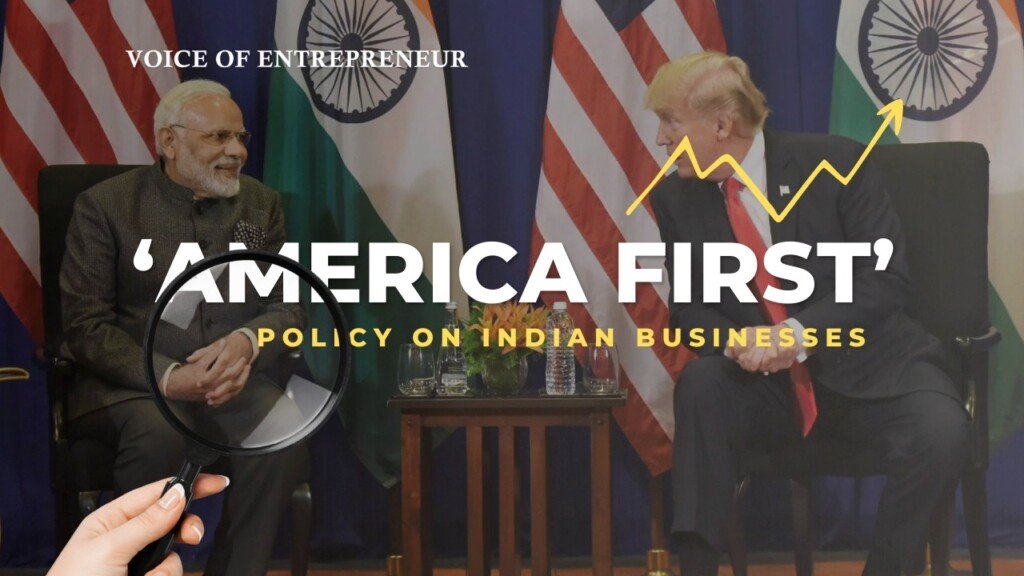Donald Trump’s return as the 47th President of the United States is expected to bring transformative changes to international trade, with notable implications for India. According to a report by Motilal Oswal Private Wealth (MOPW), Trump’s business-first approach and his ‘America First’ agenda could reshape global trade dynamics. His focus on curbing imports, especially from China, aims to strengthen US manufacturing. However, the report warns that increased tariffs may trigger retaliatory actions from trade partners, potentially impacting key US industries like agriculture and technology.
The European Union (EU) could respond with tariffs on US products, affecting sectors such as automotive and steel, while also slowing down European economic growth. Emerging markets may experience mixed outcomes. For some, higher tariffs and a stronger dollar might raise export costs, affecting IT and pharmaceutical industries. Conversely, countries like Mexico may benefit from the redirection of manufacturing operations away from China. On the geopolitical front, Trump’s policies are likely to escalate tensions with China and influence alliances, with nations like Japan and South Korea reconsidering their strategies. The EU may also prioritize self-reliance and explore alliances outside the US influence.
India, too, is closely observing Trump’s political comeback. While his strong personal rapport with Prime Minister Narendra Modi has positively influenced bilateral relations, his policy decisions are expected to bring both opportunities and challenges for India.
Trump’s economic policies have historically emphasized tax cuts to stimulate growth. During his previous term, the corporate tax rate was reduced to 21 percent, and further tax cuts are anticipated to encourage investments and bolster the US market. According to the MOPW report, “Increased US corporate tax cuts could drive IT spending, benefiting Indian IT firms. However, a stronger dollar and potential tariffs might negatively affect Indian exports. India has the potential to enhance its global supply chain role, particularly in advanced technology sectors like AI and semiconductors, supported by initiatives such as the ‘China+1’ strategy. Additionally, Indian industries like pharmaceuticals and defense might uncover new opportunities, especially if US-India collaboration intensifies within the Indo-Pacific framework.”
Earlier this year, Trump labeled India a “tariff king” and a “major abuser” in terms of import tariffs, vowing to impose reciprocal taxes if re-elected. Such measures could significantly impact Indian exports, especially in IT, pharmaceuticals, and textiles. Given the US is India’s largest export market, these tariffs could disrupt India’s trade balance. However, Trump’s praise for PM Modi suggests their personal relationship could help navigate trade negotiations.
Trump’s presidency is likely to bring significant economic and geopolitical shifts, influenced by his past policies and future plans.
The MOPW report also highlights that Trump’s administration might advocate for lower Federal Reserve rates, potentially reaching around 4 percent. “This could support economic growth but raises concerns about Federal Reserve independence if political pressures influence monetary policy. Inflation could rise to 7.4 percent under expansive fiscal policies, driven by increased defense and infrastructure spending,” the report concludes.
